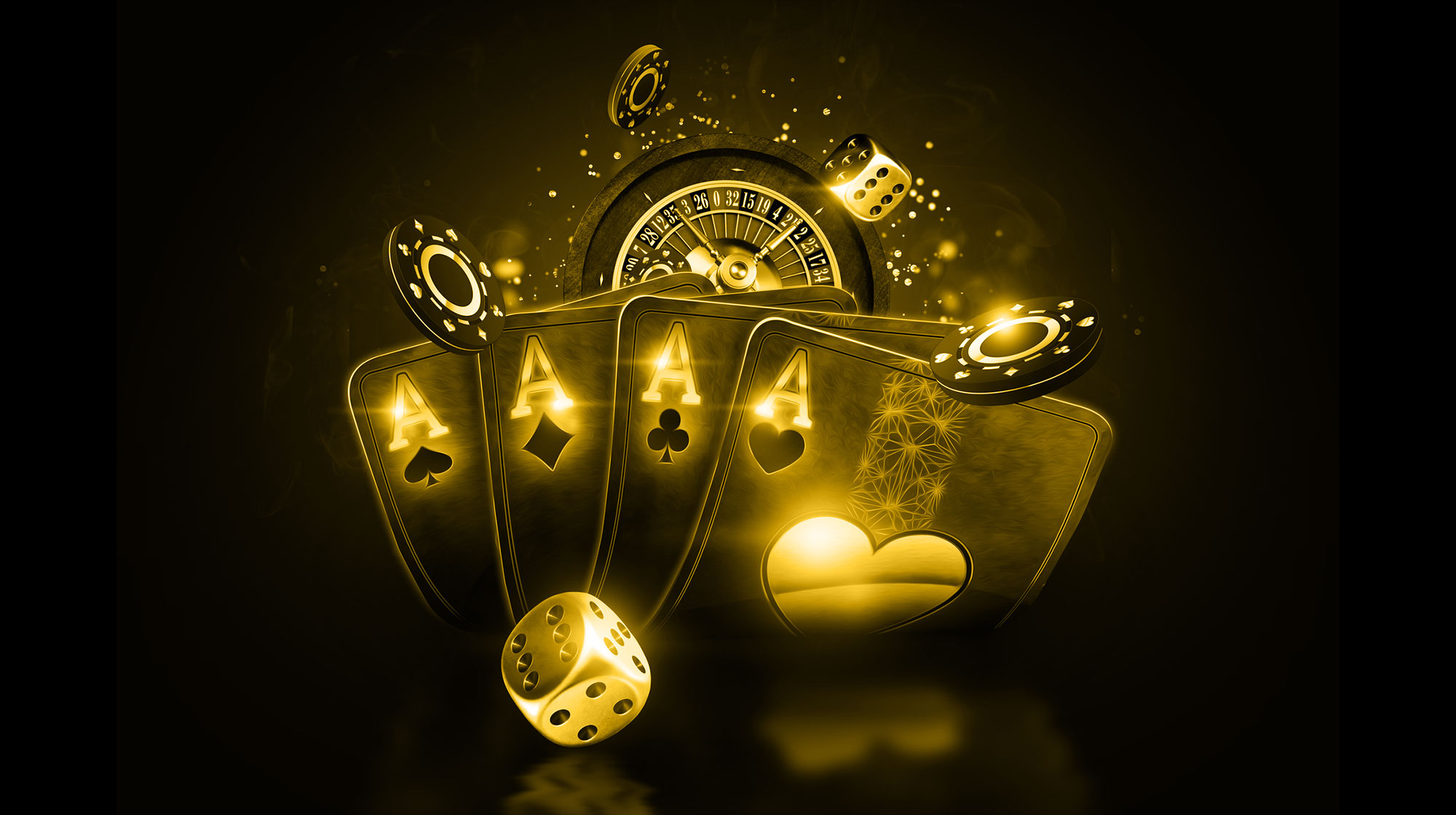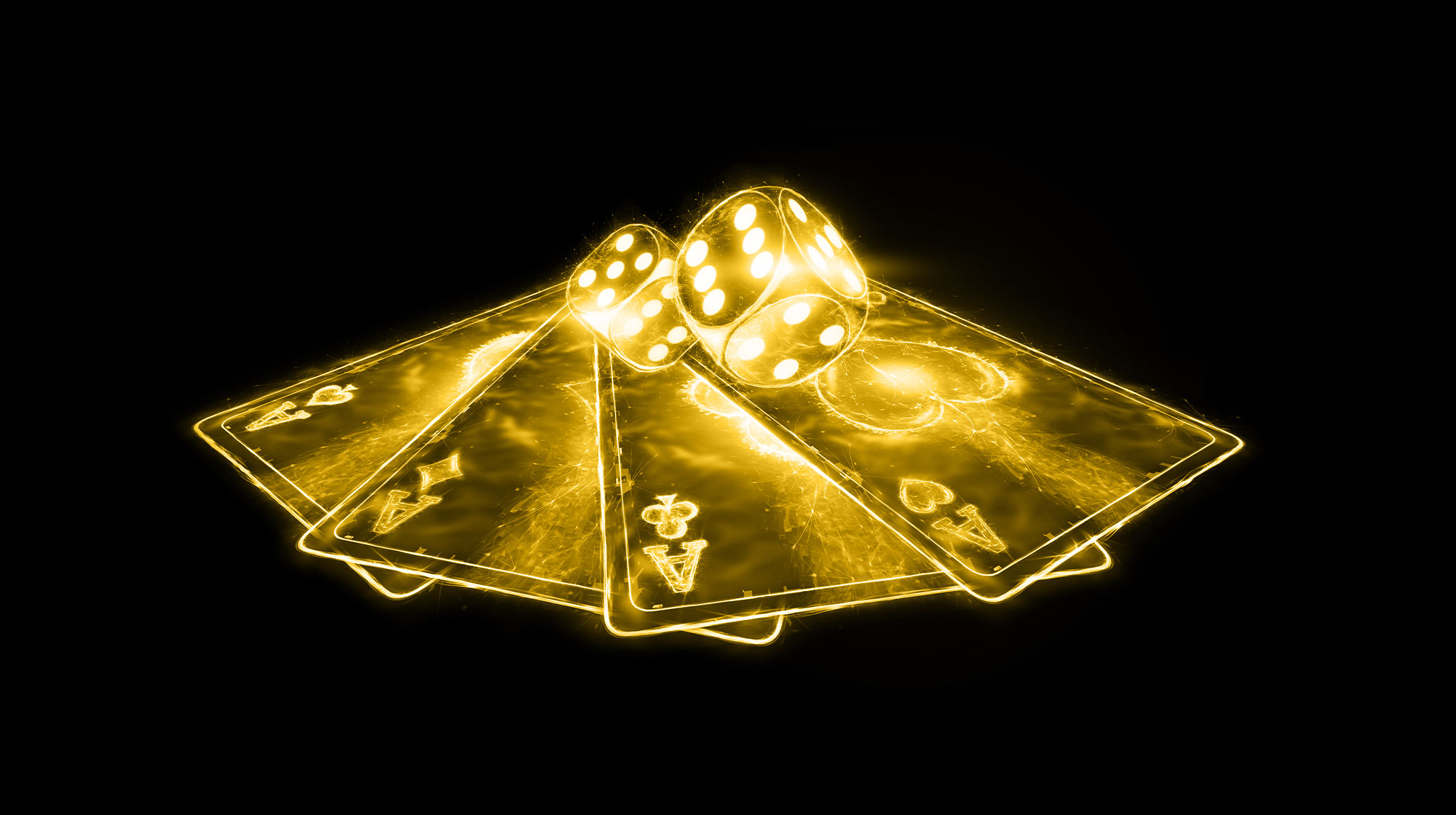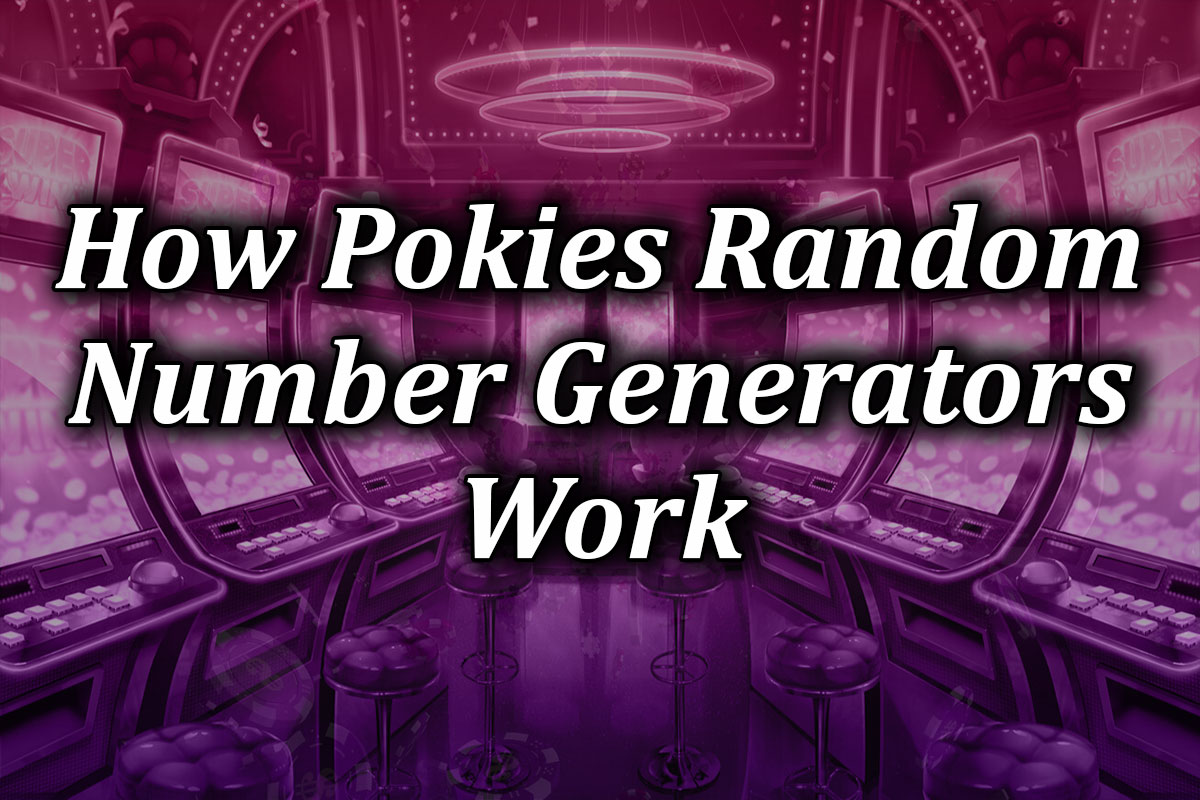


- Online Casinos
- Online Pokies NZ
- How do Pokies Random Number Generators Work?
How do Pokies Random Number Generators Work?
Table of Contents
The spinning sounds, the colorful reels, the bright lights, and the expectation of a winning combination all contribute to the excitement of playing games at online casinos. Thousands of New Zealanders enjoy the rush of pushing the spin button, but what’s actually going on behind those spinning reels? How do pokie machines operate? And how do those combinations reveal themselves?
It depends entirely on the software that powers random number generators (RNGs). Understanding how these random number generators function is critical for comprehending the slot reel combinations and for devising a strategy for maximizing your winnings when playing them.
How do Online Casinos Generate Random Numbers?
Casinos have already gotten the better end of the arrangement. Each and every slot machine now utilizes a random number generator. Each second, hundreds of billions of numbers are created. The outcomes are actually random. There is no such thing as a slot that becomes cold or hot when it hits the jackpot – these are the players’ superstitions, as it is impossible to anticipate when or how much a slot machine will payout.
With mechanical slots, time is necessary to ensure a random reel combination and a fair chance of winning the jackpot. However, with computerized and online pokie machines, software algorithms ensure that the same random combination possibilities are available to assure a fair game. RNG software generates random numbers at a pace of hundreds of numbers per second to maintain the randomness of these sequences. And when you push the spin button to begin your game, the following number combination instructs the program to cease spinning the simulated reels. This ensures that you have the same fair chance of hitting winning combos online as you have in land-based casinos.
How are Random Number Generators Applied in Gambling?
There are several distinct types of random number generators, and pseudorandom number generators are the type of random number generators that casinos employ. However, how does this relate to gambling? What calculations occur behind the scenes when you click or press the spin button on the computer screen? There are several important factors to consider to better understand this.
- Seed – Seeds or keys control the outcome of random digital pokies and serve as the starting point for PRNG algorithms. When you spin the reels, the pokie machine’s generator determines which symbols will show on the pay lines using a seed in a lengthy complex equation.
- Entropy – Genuine randomness or entropy enables the generation of legitimate findings. By incorporating entropy, you may be assured that each spin has a genuine chance of matching five high-paying icons or fulfilling the jackpot condition.
- Physical Generation Methods – Consider the physical creation of random numbers in a dice roll or coin flip. The results of this approach are influenced by natural entropy and manual exertion. Pokies from the classic or vintage era employ this technique by including a braking mechanism on their reels.
- Computational Generation Methods – Online pokies calculate the payouts for each spin using computer-generated results. PRNG is a popular computer generation method used in gambling games with a seed or base value – it generates unpredictable results.
Do random number generators have a pattern?
The Random Number Generator (RNG) is what determines the outcome of your spins. As a result, they are both unbiased and exceedingly accurate. The microprocessor in the slot machine is very similar to your home computer. The distinction is that it uses a proprietary tool generating numbers that correlate to the reels’ numbers or symbols – the RNG generates random numbers with a value between zero and four billion.
For instance, a slot machine is a random number generator that generates a random number between 1 and 100 when a player inserts a coin and hits a button. If the number is greater than 55, the player wins and receives a payout; if the number is less than 55, the house wins and retains the coin. The house should always win long-term as they have a mathematical advantage.
However, what if the player anticipates which number the computer will select? If you knew that, you could press the button confidently when you knew you were going to win. How is a punter to know which random number the computer would choose? The trick is that slot machines do not pick random numbers because computers are fundamentally non-random: they can only execute commands.
Do slot machines use random number generators?
Slot machines with reels have a set number of spaces on each reel that can be filled with symbols or left blank, depending on the machine. Physical stops are what these are referred to as. Modern video pokies feature reels with 22 physical stops instead of older mechanical machines that used reels with a limit of twenty symbols. Due to advances in microprocessor technology, the new machines can support a massive number of Virtual pauses.
For this example, let us simplify matters by imagining that each reel simply contains ten stops. There are 1,000 possible combinations with ten pauses. This number is calculated by multiplying each reel’s total number of symbols. The 1,000 possible combinations are referred to as a cycle, and this is the term that occasionally misleads a player into believing that the machine has cycles of winning and losing.
Conclusion
Random number generators are essential in the operation of slot machines. Historically, randomization was achieved through the use of mechanical notions. The limits were the source of the difficulty. Eventually, RNGs’ technique to generate random numbers was totally digitalized. Everything is now accomplished through the use of a computer chip. Aside from popular online pokies, this format is also utilized for a variety of other games, including as keno and video poker, and other card games. It functions similarly to the brain of a slot machine. Most of the time, you are not aware that your numbers are being selected by a computer chip, and you are therefore oblivious of how everything works.

